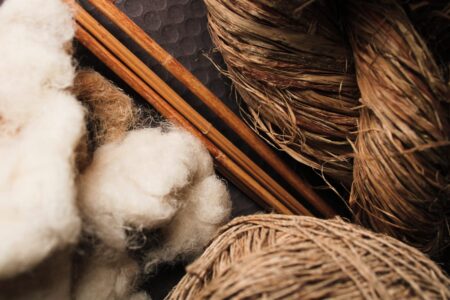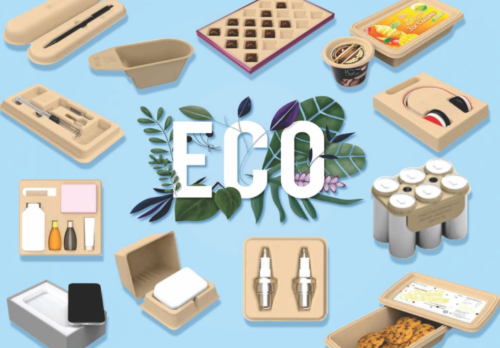Eating food in leaf plates is not a new normal though! India has a tradition of serving food in banana leaves, sal, addaku, and palash etc for centuries. Those leaves were collected locally and stitched for serving food. Besides, a few leaves enhance its taste and give health benefits too. However, in the last few decades single-use plastic disposables entered into catering and replaced biodegradable leaves.
In recent years, there are several studies that have revealed that hot meals served in plastic disposables may contaminate food with toxic chemicals such as bisphenol A, melamine, vinyl chloride, and phthalates. On the other hand, managing single use disposable waste is posing serious concerns.
Food is the center of every celebration in India; and India is a country full of celebrations because of its cultural, religious and ethnic diversity.

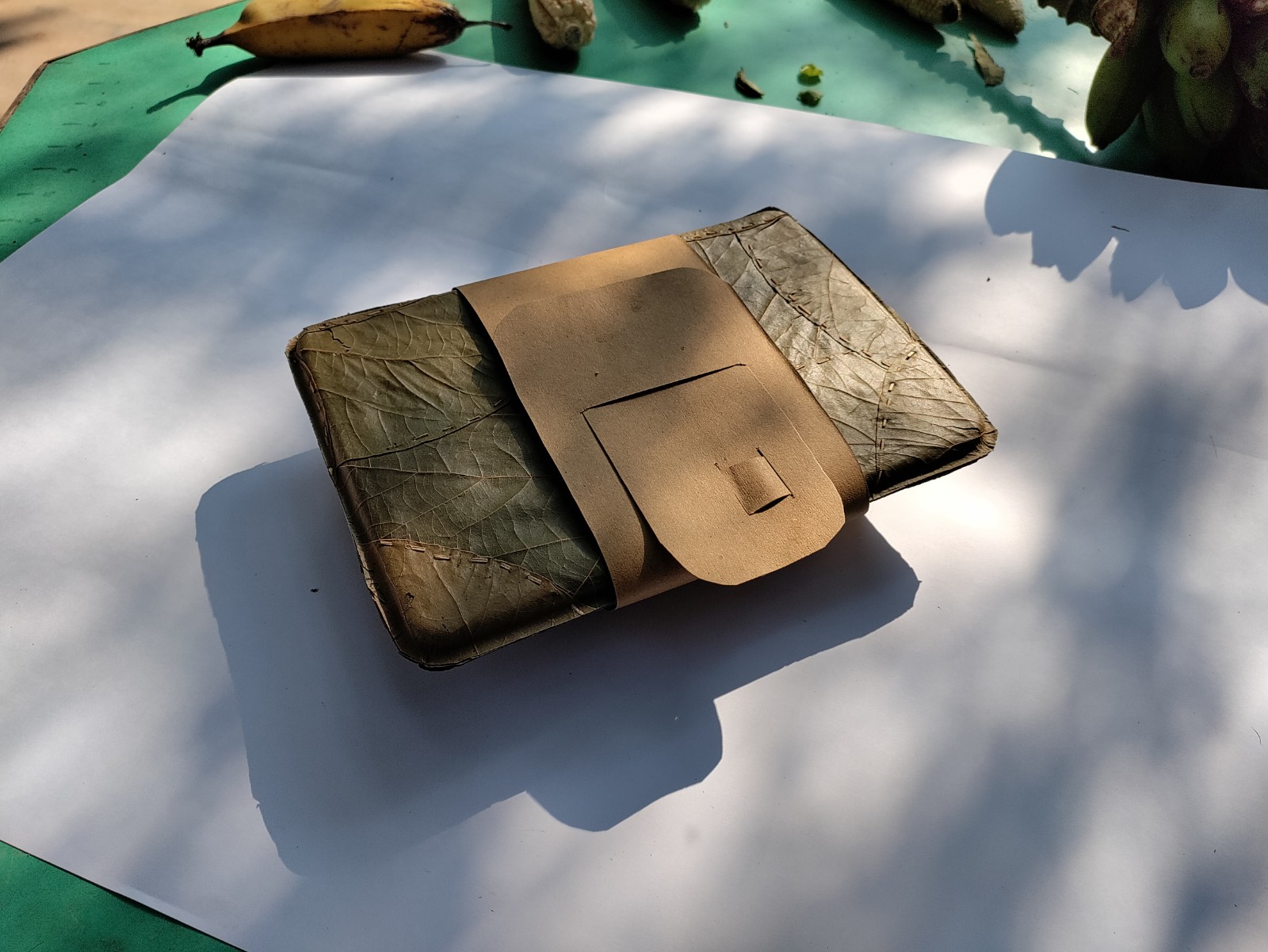
“Everyday, seeing our surroundings being polluted with single-use plastic, triggers us. We wanted to be the change, instead of pointing fingers at others. After Madhavi was diagnosed with cancer in 2010, it became clear to us how polluted our environment is. Our air, water and soil are polluted with toxic residues. So,we decided to start Vistaraku” told co-founders Venu and Madhavi Vippulancha.
Vistaraku manufactures biodegradable plates, bowls and leaf takeaway boxes from the leaves of Palash tree. Palash tree is a multipurpose tree and its dried leaves are used to make plates and cups. They were able to formulate their own natural gum and replaced poly-coated cardboards. This gum is food grade and helps to paste the leaf to the cardboard without polycoat/plastic in order to increase its durability or finish.
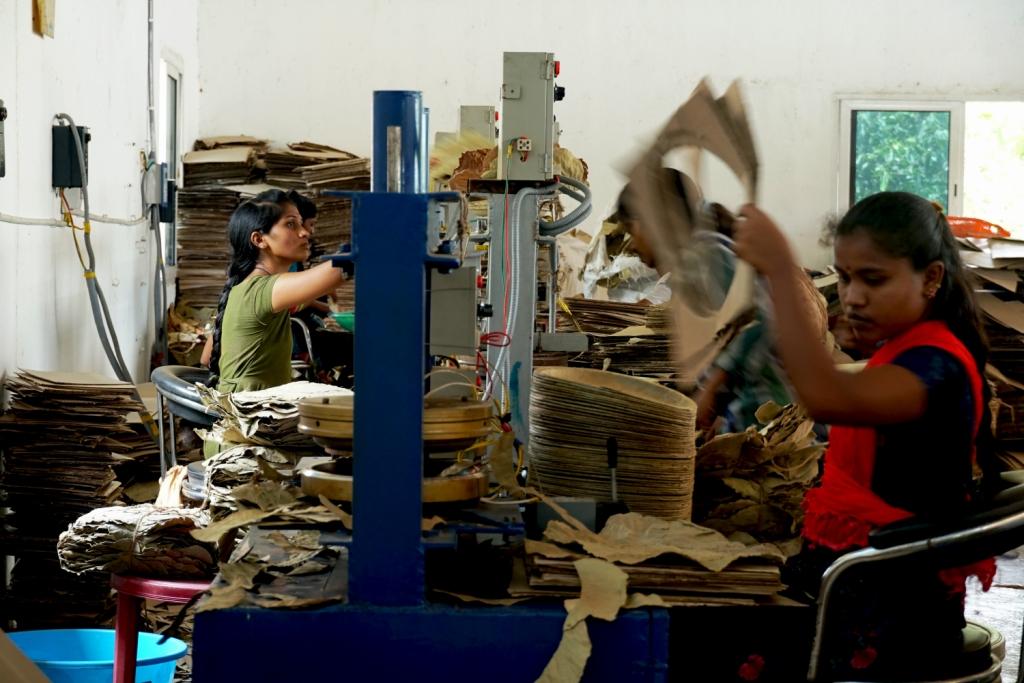
Team Vistaraku says, “We have chosen the leaf of the Palash tree for its physical and chemical properties. The leaf contains antioxidant, anti-inflammatory, antibacterial and antifungal properties. This makes eating food from Palash tree leaves good for health. Apart from that, physical properties like thickness, strength, shelf-life and texture are perfect for making plates and bowls. Unlike the plastic disposables, they don’t pile up. After usage, it can be used as fodder for cattle or can be disposed off safely”.
Initially, Vistaraku faced tough times with waste management and customer awareness; however, now the products of Visataraku are currently sold in India, USA, Hong Kong and the UK. The founders are happy with the good response and hope to start distributing their products to more countries while meeting local demands.
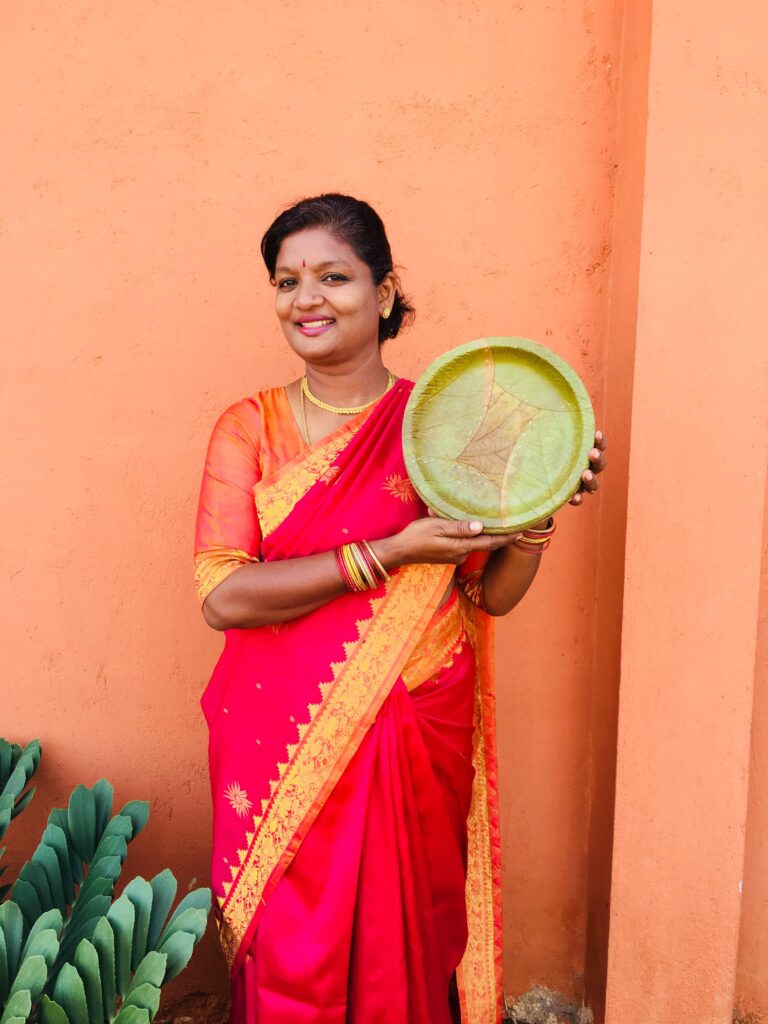
Even though the idea of leaf plates looks simple, they can turn any event into a more sustainable celebration and also catalyse the carbon cycle process by increasing biomass in soil. Of course, balancing demand and supply of leafy plates without disturbing or harming the environment are the keys for green recovery.
What is your solution for Green Recovery?
Share your Green Story!


